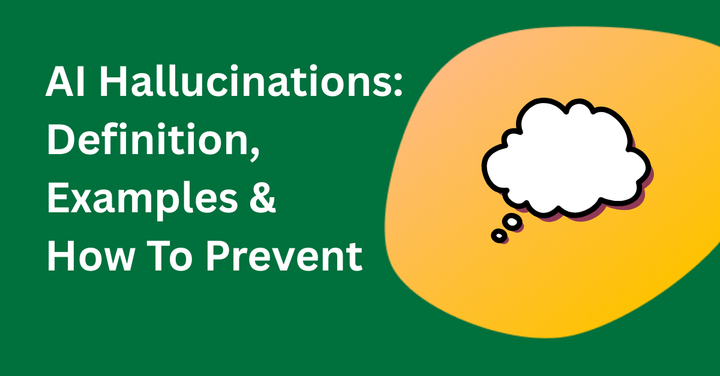ChatGPT: The World's Most Prolific Biography Author

Recently, The New York Times covered the recent proliferation of AI-generated biographies. When a former editor of The New York Times passed away, his grieving family noticed that, in addition to a few lovely obituaries, there were half a dozen biographies cropping up on Amazon.
How did someone write a whole book so quickly? Some were even published on the day he died. It turns out that this book is just one example of a new, ethically-murky subgenre of literature: AI-generated biographies that serve the purpose of capitalizing on a notable recent death.
While some parts of this situation are ghoulishly funny (One autobiography was called Beyond the Byline: Unraveling the Heart of Joseph Lelyveld: The Man Who Smoked His Way Through History - Lelyveld didn’t smoke), the implications are troubling.
When asked for comment by the New York Times, GPTZero founder Edward Tian said: “It’s almost statistically impossible that these were human written.” According to GPTZero, the aforementioned Lelyveld biography is 97% likely to be AI-written.
In a world where deepfakes and intellectual property theft run rampant, hastily-produced and shoddy content crowding the market is serving to degrade the quality of available information.
And, this is a grift. Kindle Unlimited, for example, pays authors per page view. So the incentives are there to pump out as much content as possible, sometimes even without correct grammar. Take, for example, Norman Lear’s very much unofficial biography, Biography of Norman Lear a TV Legend Dies at 101: A comedy legend norman lear biography, legacy, achievement and things you probably don’t know about him. With dozens of clickbait books and spam like this, how can readers find high-quality, accurate information?
Despite contributing to the general decline in quality, these AI-written books aren’t likely to generate large profits for whoever is producing them. The Times notes, “Amazon declined to answer questions about sales for these books, but their publication does not appear to be a robust business.” With few to zero reviews, and definitely no good reviews, flooding the market like this is a cheap business all around.
Amazon’s official policy, to date, is to allow AI-generated content to be sold on their site, but authors and publishers must inform them about the content’s origin. A spokeswoman for Amazon noted that they would take down books that create “a poor customer experience.” But reportedly, it’s difficult to identify who is actually producing these books. The author name often appears to be fictitious, and no publisher is listed.
For the families of those who have recently passed, these unauthorized biographies might be distressing. While there’s nothing downright illegal about the content, it’s unfortunate for grieving families to face the additional burden of defending an inaccurate legacy. If not downright defamatory, these books are certainly exploitative; they disrespect the deceased and mislead the reader.
Are large marketplaces like Amazon responsible for content curation and moderation? To what extent? This is a debate we’ve seen before, in prior iterations when social media was on the rise and we were forced to reckon with whether Facebook could be considered a journalistic news platform.
It’s not clear whether we ever definitively answered that question as a society, and we’re seeing it asked from new angles today, as LLMs are increasingly the authors of the content we consume.


